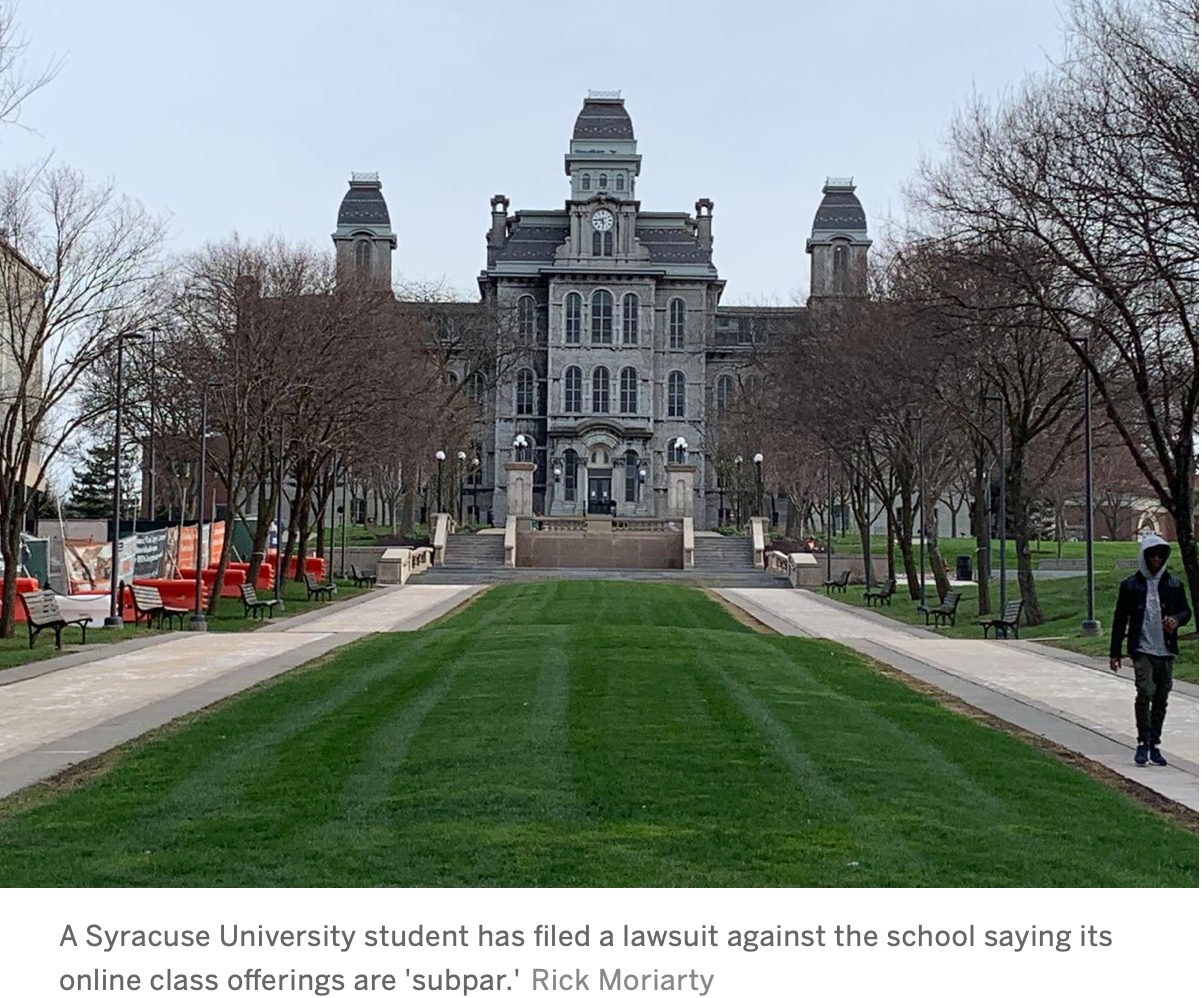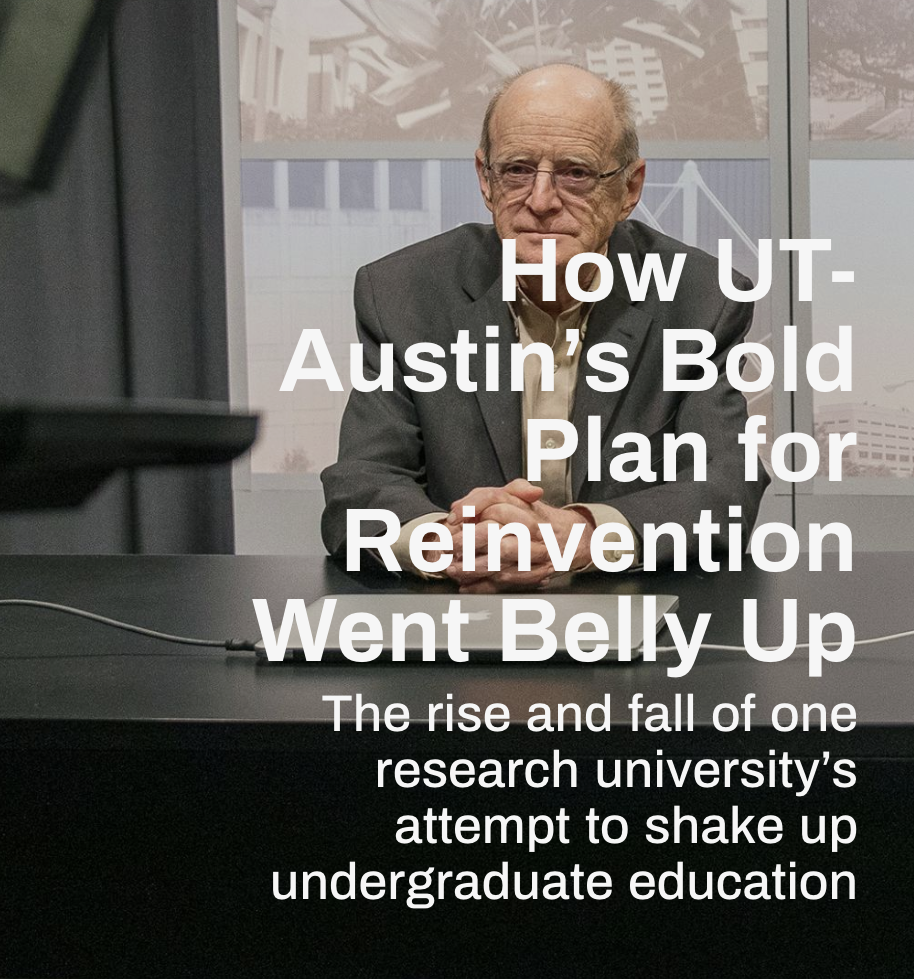While panic ensues, toilet paper supples run out and gun sales increase, you might imagine that the basic lesson of crisis informatics (yes, there is such a thing) to communicate clearly would be rigorously followed. Oh dear, if only. It’s one thing that a media-mad president can’t seem to stay on script during a national address and tries to blame his political opponents for a pandemic, but one would hope for better in universities and public service organizations. Sadly, it’s not clear that we ever learn these lessons.
Last week, in the space of hours, we were told completely opposite things about the same situation. The principal at my son’s public school sent a message mid-week to all parents that there was nothing to be concerned about and we should send our kids to school unless they were ill. Our own university told us they were monitoring the situation as of Wednesday and were planning to continue business as usual. Then it all went belly up.
Wednesday evening, late, we get a note from our own administration that plans had changed, Spring Break would be extended a week and we would all be encouraged to work at home and teach offline. Cue a series of meetings Thursday across campus trying to understand what this meant. Friday morning, at 4am I awake to a rob-call from my son’s school saying they had cancelled classes for the day and would resume again after the scheduled regular spring break. Hot on the heels of this, our own university sends a note saying that campus would be open Friday, even though historically, the university and the local school district acted on concert. This was followed a couple of hours later with a correction, forget that last message, the campus would be closed and would extend closure for a week after spring break. No further word on Spring Break from the public school.
Never mind, there’s always Amazon right? Faced with long lines and dwindling supplies at local supermarket, I ordered delivery of milk and other fresh produce from their Whole Foods pantry. Yes, this can be done but earliest delivery would be the next day. Fine. I wait til next day and am told my order is being ‘readied’ and soon be on the way. A couple of hours later I get the note that delivery is delayed, no surprise, but to expect if within a later 4 hour window. OK, they’re doing that communication thing, I get it. Sadly, no delivery arises, and when I check, am told to contact them. Easier said than done, the estimated wait time for a call is 119 mins. Yikes…try ‘chat’…..that too is a problem so am told to ‘try again later’. Eventually I give up but awake next morning to two messages from Amazon. One on chat saying they noticed my delivery was made. One in mail, telling me they had to cancel my order due to storage of supplies. Only one of these was true, and I don’t have the milk.
OK, unusual times challenge the routine practices of organizations, but it has not stopped every business I ever seem to have engaged sending me an email about what they are doing to respond to the Covid-19 situation in a thinly disguised effort at getting their products pushed to my inbox.. Really? I need to know this Trip Advisor, the Alliance for the Arts, my Credit Union, etc etc. Did some MBA somewhere tell you this an opportune marketing time?
Leadership is in thin supply and the communication efforts from most make this patently clear. And please, no more pointers to articles pretending to help you deliver online education…it only adds to my workload and offers me precious little by way of solution. Lessons from crisis informatics? If only…



